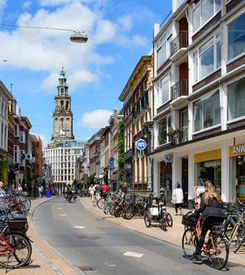top of page
Join the Lab
The Forming Worlds Lab is always on the lookout for motivated and ambitious researchers and students. On the following pages you can find information on how you can join the group, and the research and study environment. To foster an open, creative, and team-spirited environment, all our group members are expected to adhere to the Forming Worlds Lab Code of Conduct.
Groningen Impressions
bottom of page
















